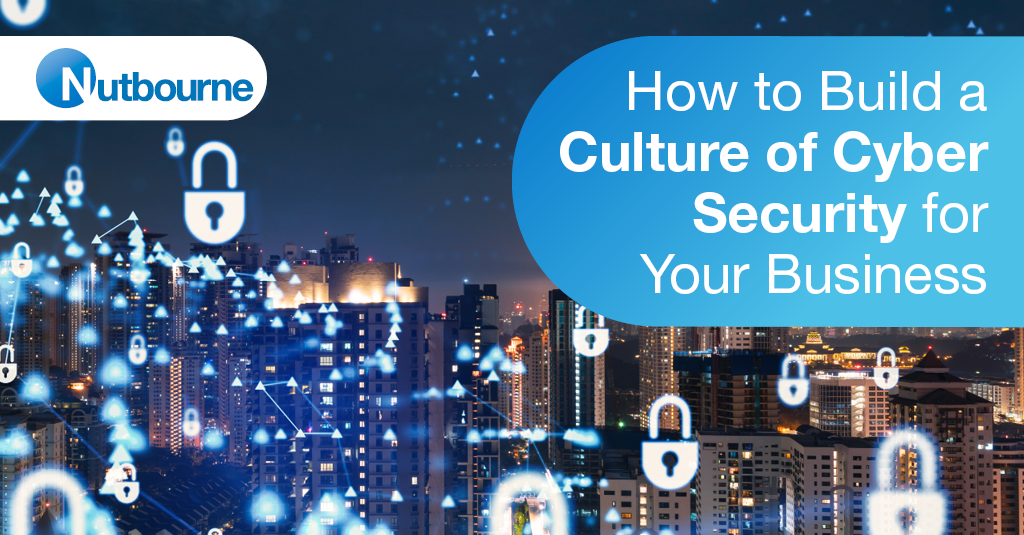Your people are your biggest weapon against cyber security threats. If they understand cyber threats well and know what to look out for, the chances of your organisation being breached reduce dramatically.
One of the best ways to get your people on board with cyber security is to establish a strong culture of awareness in the company. By making cyber security best practise part of your company’s overall approach to business, you not only mitigate risk effectively, but also help to enhance long-term performance.
Here’s what we recommend:
Regular training
Cyber security needs to become second nature in your organisation. It has to be more than an annual training session and the odd email here and there. Structured and planned training sessions run quarterly by a third party should be part of your approach. As we mentioned in our previous blog, if you have cyber security insurance then your insurer will more than likely be able to offer this. If you work with an MSP then they too will be able to help.
If you have neither (and you really ought to have the insurance) then www.ncsc.gov.uk has some free resources that can help you to get started. Whatever you do, make sure that cyber security is part of the conversation in your company.
Incentivise cyber security hygiene
One of the biggest aspects of creating a culture is getting buy-in from your people. For something like cybersecurity – which we’ll admit isn’t especially glamorous or exciting – that might be best achieved by incentivising both learning and compliance. For example, you could offer bonuses to those who perform well on quarterly cyber security tests, or perks to those who work toward or contribute to compliance-based projects outside of their usual remit.
Work with a third party
Getting the message across about the importance of cyber security is often a matter of expertise. If you work with an MSP, for example, they’ll be able to design and deliver an effective programme to engage your teams. They’ll be able to run workshops, conduct social engineering tests and provide resources that will educate your employees and reduce your risk of cyber attack.
An MSP will also be able to align the training they provide with the company’s level of IT maturity and in-line with its future development. That will ensure the training, education and knowledge will be both relevant to the company and people – and will keep it interesting.
For more information on building your company’s approach to cyber security visit Nutbourne.com

